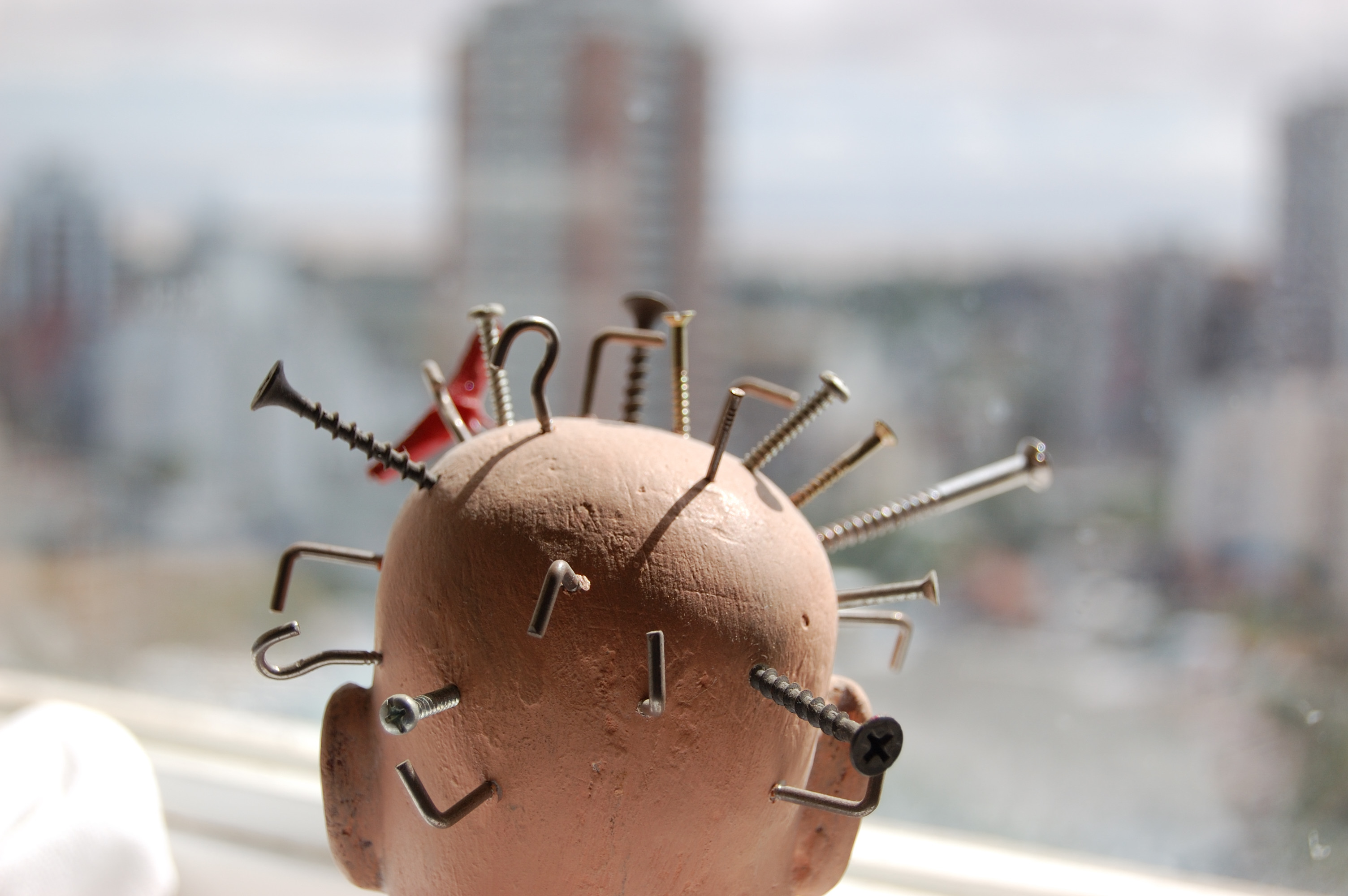THURSDAY, Feb. 18, 2016 (HealthDay News) — Seizures are common in the years following a stroke, a new study found, with nearly one in six survivors requiring hospital care after a seizure.
Researchers noted that the seizure rate following stroke was more than double the rate compared to people who’d experienced traumatic brain injuries such as concussions.
The researchers also noted that people who had certain type of stroke had an even higher risk for seizure. “One in four patients with a hemorrhagic-type stroke will develop seizures,” said study lead author Dr. Alexander Merkler, a fellow in neurocritical care at Weill Cornell Medical College in New York City.
A hemorrhagic stroke is the type that occurs when a blood vessel in the brain bursts. This type of stroke is much less common than an ischemic stroke, which occurs when a blood vessel in the brain is blocked, according to the American Stroke Association.
“Patients with stroke should be aware they may develop seizures and should be counseled on common symptoms or signs of seizures,” Merkler added.
It’s not news that people have seizures after stroke. “But it was unclear for how long patients were at risk for seizures and exactly what percentage of patients with stroke would develop seizures,” Merkler said.
The new research doesn’t shed light on the ultimate fate of stroke patients who had seizures — it’s not clear if they continued to have lifelong seizure events. Nor did the research look into how many stroke survivors had seizures but didn’t go to the hospital.
In the new study, researchers examined hospital visits from 2005-2013 in California, Florida and New York. They focused on more than 600,000 people with a first stroke and nearly 2 million people with traumatic brain injuries. The study authors wanted to compare seizures after stroke to those after traumatic injury to the brain, a known risk factor for seizures.
The researchers found that 15 percent of stroke patients had a seizure over an average of three years of follow-up, while nearly 6 percent of those who suffered traumatic brain injuries had a seizure. People who suffered strokes caused by bleeding in the brain had the highest risk of seizure, the study found.
The study was scheduled to be presented Thursday at the American Stroke Association’s annual meeting, in Los Angeles. Studies presented at meetings are typically viewed as preliminary until they’ve been published in a peer-reviewed journal.
A seizure can include more symptoms than people might assume, Merkler said.
“Seizures are episodes of excessive electrical activity in the brain that often cause patients to have convulsions or abnormal behavior,” he said. “The typical conception of a seizure is a patient shaking uncontrollably, but seizures can be more subtle than that: Patients may only have a subtle twitch in the face, trouble speaking or even just stare into space.”
Seizures tend to be brief, at less than one minute, but patients may lose consciousness or not breathe correctly. This puts them at serious risk if they’re driving, swimming or operating machinery, Merkler said. Rare kinds of seizures known as status epilepticus last more than five minutes and may lead to brain injury when oxygen doesn’t travel to the brain, he said.
Why do people have seizures after a stroke?
“Stroke leads to dead tissue, which in turn leads to abnormal electrical activity, which can put patients at risk,” Merkler said. “If we consider the normal electric activity in the brain akin to rain, seizures occur when there is a thunderstorm in the brain.”
The study didn’t examine whether seizures are likely to happen again, and the researchers don’t know how people fared over time. According to Merkler, it’s not clear whether medications might help them.
“It’s unknown whether ordering preventive anti-seizure medication for every patient with a stroke is beneficial and cost-effective,” he said. “Further research will be needed.”
Dr. Amy Guzik, an assistant professor of neurology at Wake Forest Baptist Medical Center in North Carolina, praised the study, although she pointed out that it was limited because it only looked at patients who were treated for seizures at hospitals. As a result, she said, it may underestimate the prevalence of post-stroke seizures.
“We need to let our patients know that seizure is a risk after stroke,” she said. “If you have any new symptoms, call 911 or your doctor.”
More information
For more about seizures after stroke, try the National Stroke Association.
Copyright © 2026 HealthDay. All rights reserved.

